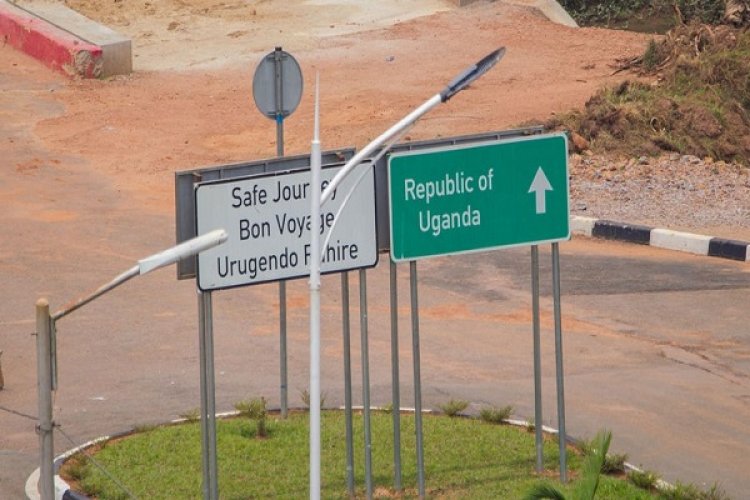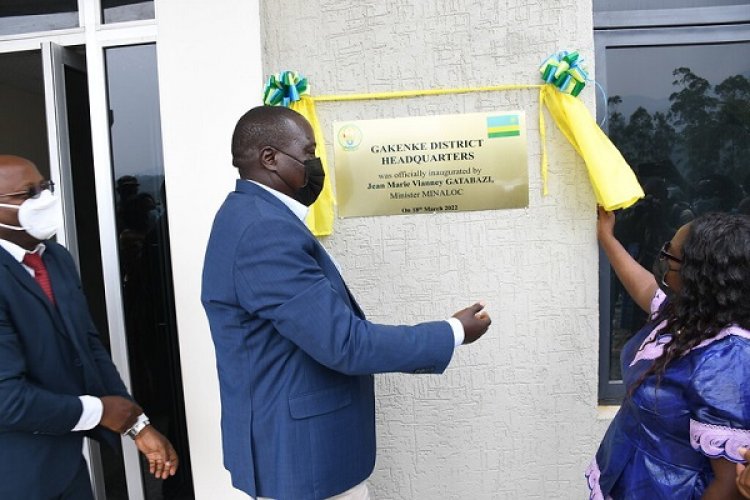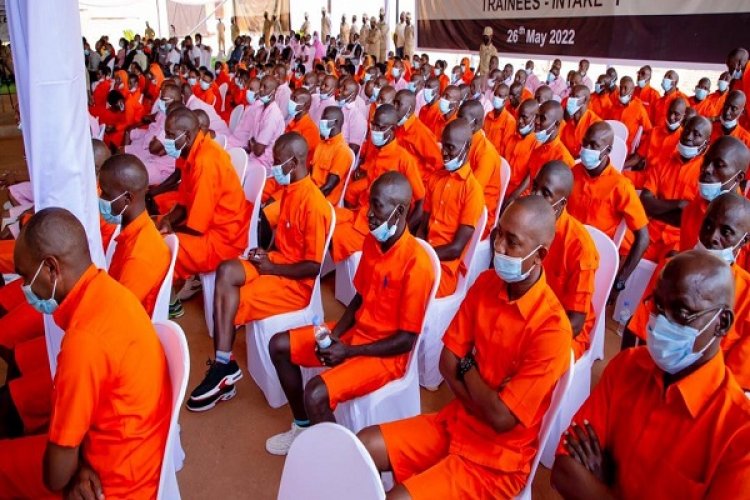The designation of exiled political adversaries as terrorists by the Rwandan regime has sparked controversy, with critics pointing to the move as a tactic by the Rwandan ruler to discredit and silence opponents.
It has also re-ignited concerns over Rwanda’s alleged misuse of financial intelligence systems for political persecution and to intimidate Rwandans into silence as the regime goes after assets belonging to the listed individuals, their families and associates.
At least 15 former regime allies-turned-dissidents living in exile were in October branded as either terrorists or financiers of terror activities by Financial Intelligence Centre (FIC), a newly established State agency.
On the list with 25 individuals in total equally feature members of the Democratic Forces for the Liberation of Rwanda (FDLR), a US-blacklisted rebel group founded by figures linked to the 1994 Genocide against the Tutsi.
There were mixed reactions to the designation of prominent members of Rwanda National Congress (RNC), a party founded by regime opponents and critics of President Paul Kagame living in exile.
Key names include former Army chief of staff the Rwanda Defence Force (RDF) Faustin Kayumba Nyamwasa, former diplomat Theogene Rudasingwa, former major in the Rwandan army Robert Higiro, and Thomas Nahimana, a critic of Kagame.
“Yet another tool in the arsenal of President Kagame’s regime to criminalize dissent, intimidate exiled citizens, and silence democratic voices calling for change,” said RNC in a statement.
Kayumba Nyamwasa, prominent member of the organisation living in exile in South Africa would later tell the media that there was no way he would fight to stop the Genocide to later be branded a terrorist himself. He said that he is simply being targeted for challenging the dictatorial rule of the Rwandan ruler he also blame for assasination attempts in exile.
RNC voiced calls on international community “to take note of these abuses and to prevent the the Financial Intelligence Centre from being transformed into a tool of political persecution.”
On his part, Ignace Rusagara, an advocate in exile who is also on the list vowed to challenge the designations before competent courts and international mechanisms.
“The sanctions imposed on me are politically motivated and part of a broader pattern of repression by the Rwandan government against its critics abroad. They are not rooted in law or genuine counter-terrorism concerns, and they have no legal or practical effect on me as a lawful permanent resident of the United States. Their sole aim is to discredit me publicly and silence my peaceful advocacy,” he said.
Rwandan authorities refer to convictions of some of the individuals in absentia for alleged terror related charges, mentions in military trials in Rwanda, their political activism as evidence of alleged terror activities by the designated individuals.
Kigali also claims to be in possession of intelligence reports pointing to the designated individuals’ collaboration with members of the FDLR and other armed groups hostile to the regime.
Asset freeze
The designations have since been used by the regime to go after assets such as bank accounts, estate properties, land and businesses, among others, belonging to the listed individuals, their families and business associates.
On releasing the list, the Financial Intelligence Centre ordered all public and private institutions to freeze and seize with immediate effects assets and funds belonging to them directly or indirectly.
The institutions were ordered to verify if any of them is their client, as well as check if any or those linked to them appears in their database as owning funds or other assets. In the latter case, the agency indicated that those funds or assets must be frozen and seized with immediate effects.
Rwandan authorities also signalled that they would go ahead to exert bilateral pressure to have countries that host the designated individuals take adverse action against them. The move also re-ignited concerns over regime misuse of international law enforcement tools for politically motivated purposes against dissents.
The allegations had first surfaced around 2020 in the wake of the international arrest warrant issued by Rwanda against Eugene Gasana, former Rwanda senior official who served as the country’s permanent representative to the UN in New York, but later sought asylum when he fell out with the regime.
Rwandan authorities had sought Interpol’s help with his arrest on charges of rape and sexual harassment. The international police body revoked his arrest warrant after it found the charges against the former diplomat to be politically motivated.










